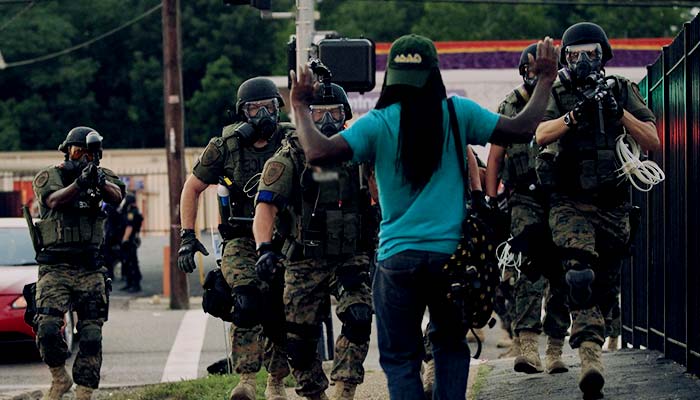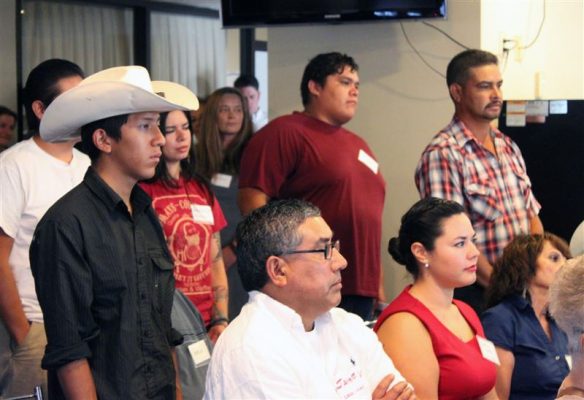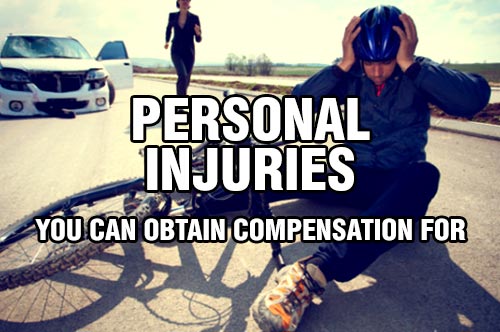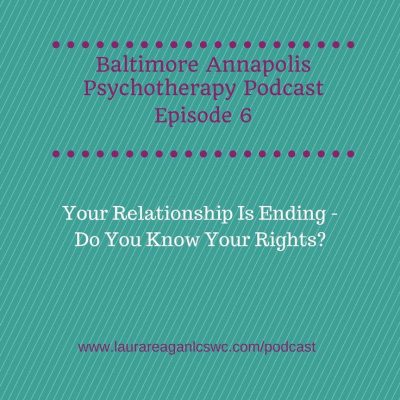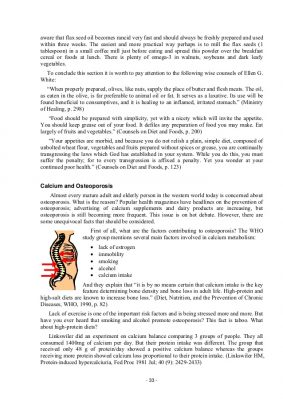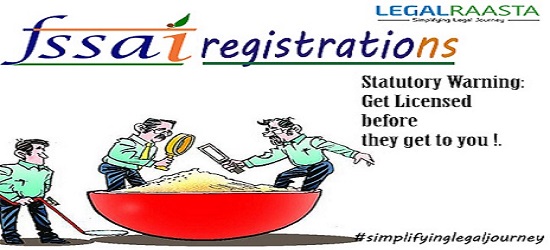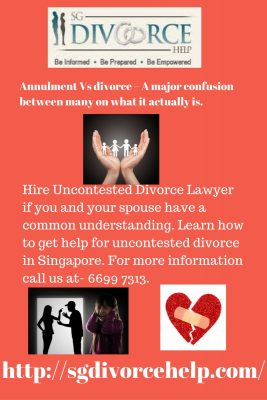Police officers have many freedoms in order to comply with their obligations. However, the Constitution and other laws limit how far you can reach the police to ensure public order. As evidence the video recording of the beating of the motorist Rodney King in Los Angeles, along with several recent cases in New York, it has been found that, on occasions, police officers exceed their authority and violate the rights of citizens. When this happens, the victim of the misconduct may have resources in their favor thanks to federal and state laws. The most important purpose of civil rights laws is to protect citizens from abuses by the government, including the improper conduct of the police. The civil rights laws set the legal costs and punitive sanctions and restitutivas as incentives for victims to enforce their rights.
Overcoming Immunity
Being stopped and questioned by police in connection with a crime is a stressful experience for most people. However, as long as the officer is doing his job properly, this does not constitute a violation of the rights of the suspect. In fact, the police have immunity from lawsuits for carrying out their work, unless it is established that a misconduct was unjustified and deliberate. In itself, the negligence (the failure to misconduct themselves with the dedication due) is not sufficient to establish liability. Therefore, the immunity means that in the interactions typical of the police with the suspects, they can not sue the police. The resources of civil rights apply to the police deliberate misconduct that constitutes a violation of the constitutional rights of people.
Civil Rights Laws and Police Misconduct
A statute known as Section 1983 is the law most important civil rights available to the victims of police misconduct. This law was enacted originally as part of the Civil Rights Act of 1871 with the goal of eradicating the misconduct is oppressive on the part of the government and private individuals participating in vigilante groups like the Ku Klux Klan. It is now called Section 1983 because there was published the law, in Title 42 of the Code of the United States. Section 1983 provides that it is unlawful for any person acting under the authority of state law deprives another person of their rights granted by the Constitution or federal laws. The most common complaints brought against police officers are arrest (or detention) unlawful, malicious prosecution and use of excessive force or unjustified.
Illegal arrest
The claim that is filed more often against the police is the illegal arrest. The people who present this claim to argue that the police violated his Fourth Amendment rights, which prohibits the wrongful detentions. If the officer had a probable cause to believe that the person had committed a crime, the arrest is justified and does not constitute a violation of the Fourth Amendment. The police can make arrests without a warrant if a felony or a misdemeanor committed in his presence. (Now some states also allow for arrests without a warrant for domestic violence cases that constitute a misdemeanor and not committed in officer’s presence.) Even if the information on which it is based, the officer turns out to be false, the officer is not liable if the considered correct at the time of arrest. To substantiate a claim for illegal arrest, the victim must prove that the officer who arrested him did not have probable cause, i.e., sufficient facts that a reasonable person would consider that he had committed a crime.
Malicious process
A claim of malicious process complaint that the officer deprived him illegally to the victim of the right to the freedom granted to him by the Fourteenth Amendment. To win this type of claim, the victim must show four things: 1) the police officer defendant initiated a criminal proceeding; 2) the proceeding ended in the victim’s favor (that is, no conviction); 3) there was not probable cause; and 4) the proceeding was brought with malice toward the victim. As with the illegal arrest, this claim is dismissed if the officer had probable cause to initiate the criminal procedure.
Excessive force
Claims for excessive force, receiving the most amount of publicity, perhaps because the results of excessive force seem the most outrageous, because they involve serious physical injury or death. Will depend on the facts and circumstances related to consider whether the use of force by the officer was justified. The intentions or motivations of the officer are not dispositive. If the degree of force was reasonable, it does not matter that the intentions of the officer have been bad. But it is also true the opposite: if the officer had good intentions but applied excessive force, did not dismiss the claim for excessive force.
Non-intervention
Officers have a duty to protect individuals from constitutional violations by other officers. Therefore, an officer who witnesses a violation of the constitutional rights of a person by another officer may be liable to the victim for not having intervened.
The Qualified Immunity Defense
Defense attorneys representing a police officer in any of these claims for a disclaimer of immunity qualified. This defense exists to prevent a police officer shall not exercise the public order for fear to face legal action. The defense will win a claim against the officer if his misconduct does not constitute a violation of a constitutional right or a statutory clearly established. In other words, the specific acts the officer prevented the person’s misconduct must have legal protection; otherwise, there is a violation of civil rights. To win a claim for civil rights, the person filing a claim for improper conduct must prove that the actions of the police exceeded reasonable limits, violated the constitutional rights of the victim and cause injury or damage.
Police misconduct: If You’ve Been Affected
Claims for civil rights are an important part of our legal system, as they provide a balance between the duty to enforce the law who are the entities of public order and the rights of individuals not to be victims of police misconduct. However, cases against police officers can be difficult. The official may have immunity from lawsuits, even if a person considers that he received an inappropriate treatment. Claims against police departments can also be very costly because it is necessary to collect a lot of evidence, including records, statements of police, statements of witnesses and many other documents, in order to demonstrate inappropriate conduct.
The evidence to substantiate the claim, is the most important element of a complaint about police misconduct. If you feel you have been the victim of police misconduct, immediately contact a lawyer who specializes in civil rights to prevent the suppression of evidence. Take photographs of any injury or damage caused by the police, and separate the clothes, or other objects that have been broken or become soiled of blood in the incident. Try to obtain the names and addresses or telephone numbers of any person who may have witnessed the incident. You should also write down exactly what happened as soon as possible so as not to forget important details.
Watch video Types Of Unlawful Police Misconduct
While most law enforcement officers in this country perform their jobs with respect for others and in compliance, unfortunately incidents of police misconduct sometimes occur. Police misconduct is illegal and it violates the victims’ civil rights.
